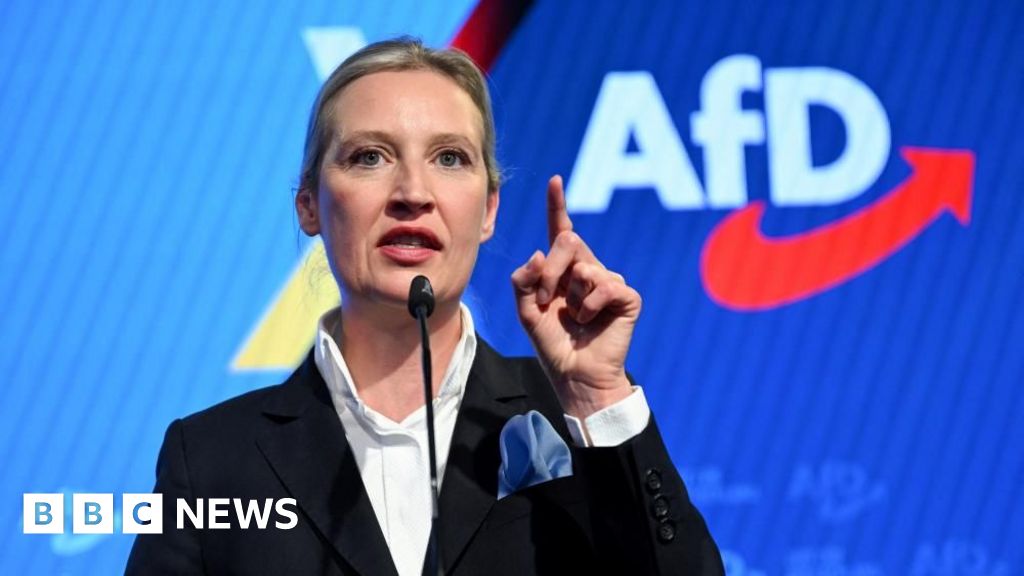Germany Classifies AfD as Extremist, Sparks Debate
The move has sparked a debate among politicians, with some arguing that the AfD should be treated as a "normal opposition party" and others advocating for a ban, as the party's influence continues to grow, with a growing mood of dissatisfaction among the population exacerbating its popularity.

Germany's domestic intelligence agency has classified the Alternative für Deutschland (AfD) party as a right-wing extremist organization, citing its views on ethnicity and ancestry, sparking a heated debate among politicians and criticism from international figures.
The classification, made by the Federal Office for the Protection of the Constitution (BfV), grants German authorities increased oversight and surveillance over the party, which won 152 parliament seats in the recent federal elections and holds 20.8% of the vote. The AfD has rejected the classification, calling it "politically motivated" and a "severe blow to German democracy."
The decision has sparked outrage from the AfD, with some politicians calling for the party to be banned, while others argue that it should be treated as a "normal opposition party". The incoming conservative-led government, led by Chancellor Friedrich Merz, is under pressure to decide whether to ban the AfD, with some arguing that a ban is the only way to stop the party's growth.
The US Secretary of State Marco Rubio has condemned Germany's domestic intelligence agency for classifying the AfD as a "proven right-wing extremist organization", calling the decision "tyranny in disguise" and advising Germany to "reverse course". The AfD has attracted support from some high-profile figures, including Elon Musk and US Vice-President JD Vance.
The classification of the AfD as an extremist organization has significant implications for German politics, with the potential to lower the threshold for surveillance and informants, and could lead to the party being treated differently in parliament. As the debate continues, it remains to be seen how the incoming government will address the issue and balance the need to address the party's extremist views with the risk of backfiring and boosting the AfD's popularity.